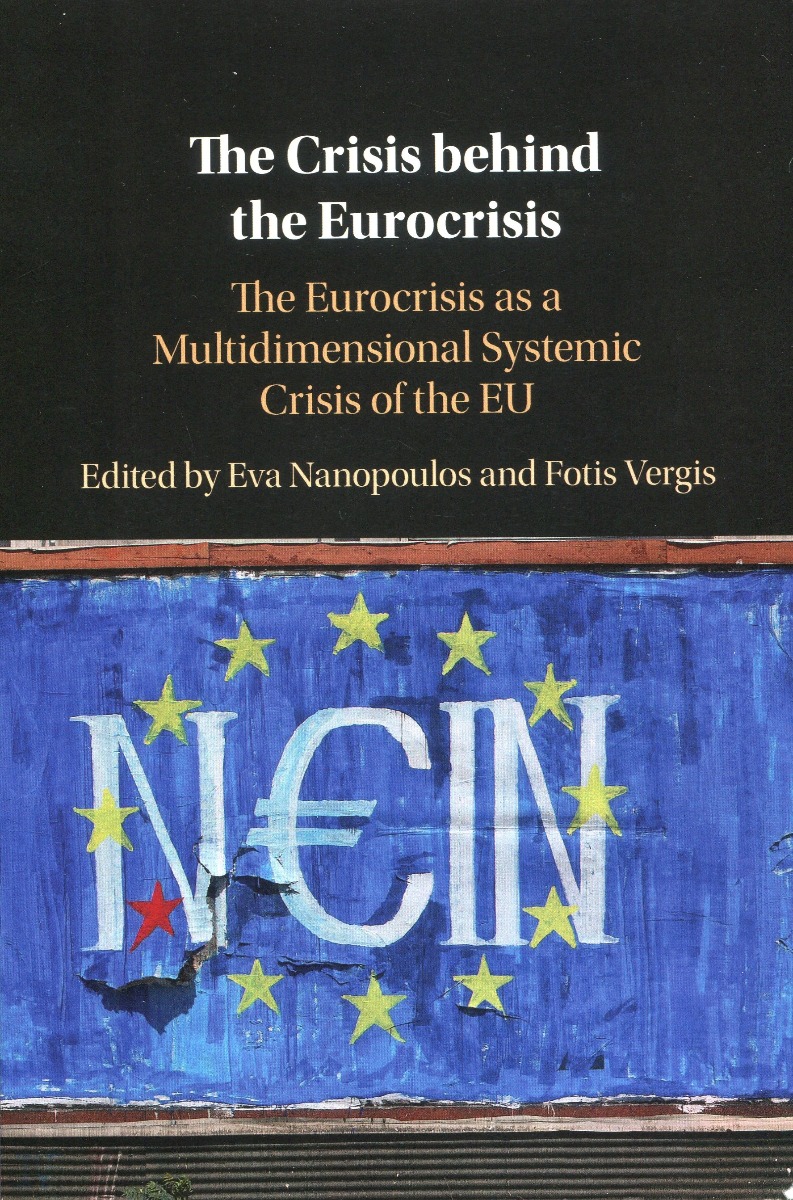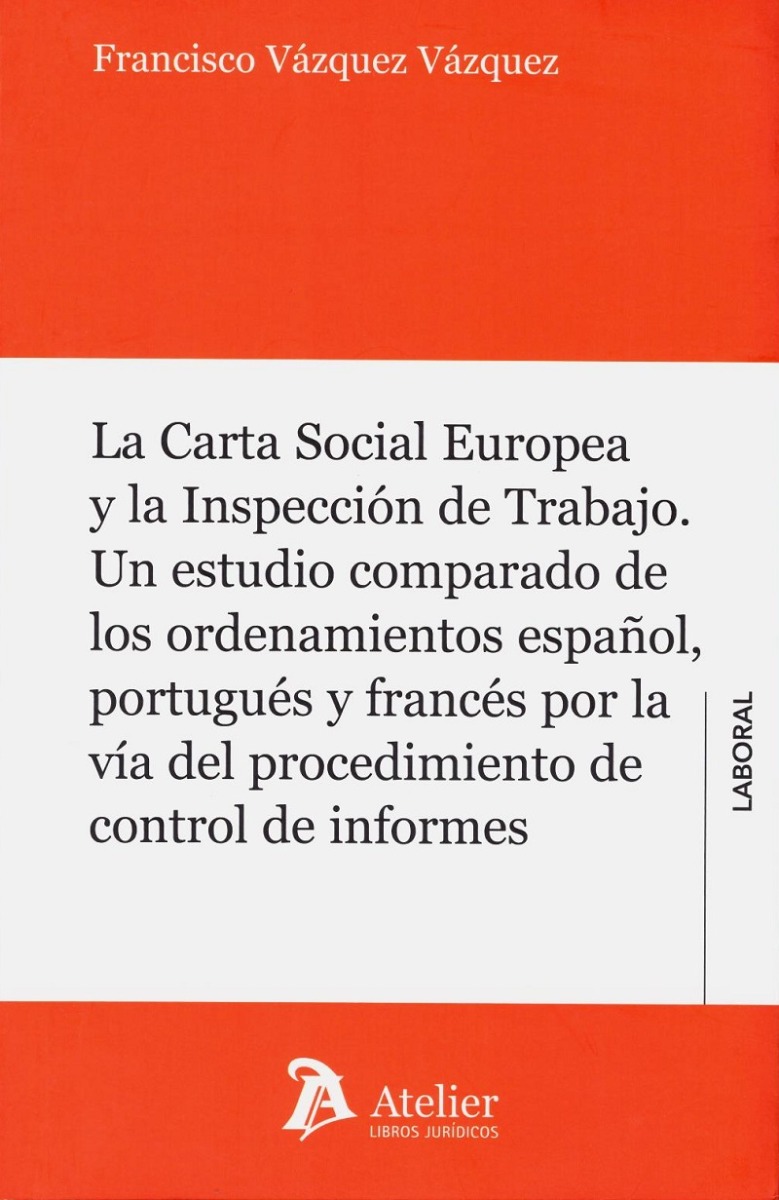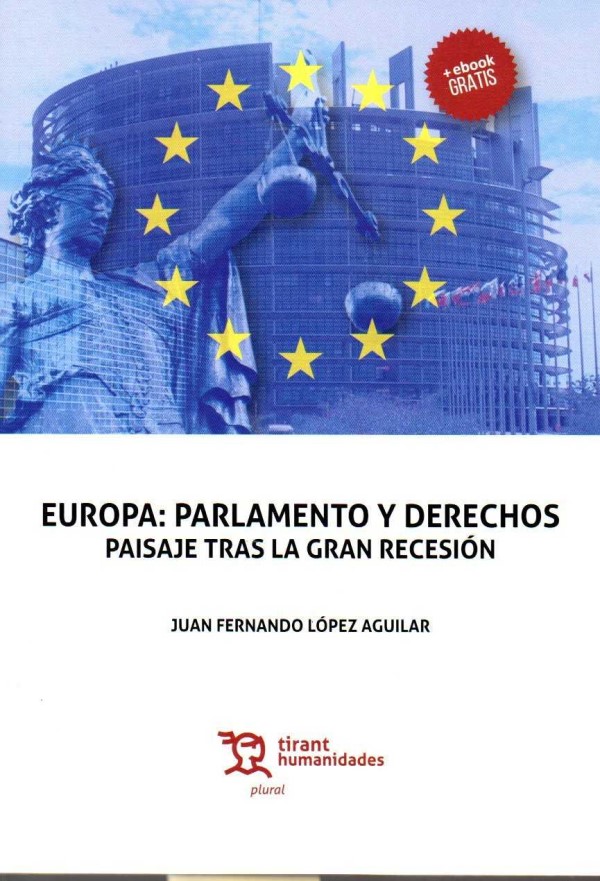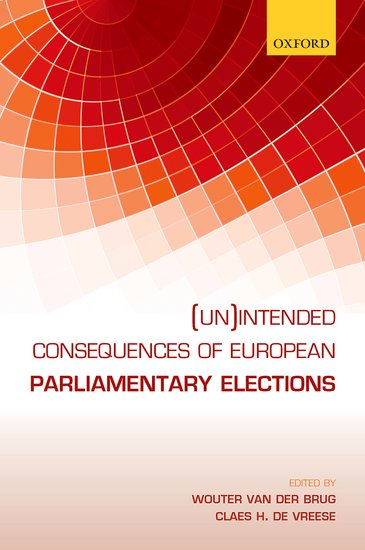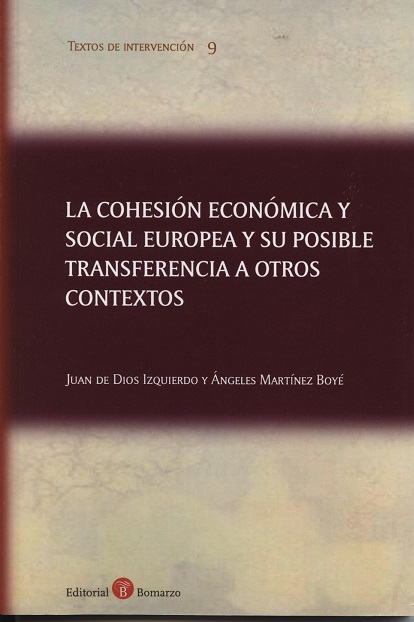The Crisis behind the Euro-Crisis encourages dialogue among scholars across the social sciences in an attempt to challenge the narrative that regarded the Euro-crisis as an exceptional event. It is suggested instead that the Euro-crisis, along with the subsequent crises the EU has come to face, was merely symptomatic of deeper systemic cracks. This book’s aim is to uncover that hidden systemic crisis – the ‘crisis behind the Euro-crisis’. Under this reading it emerges that what needs to be questioned is not only the allegedly purely economic character of the Euro-crisis, but, more fundamentally, its very classification as an ‘emergency’. Instead, the Euro-crisis needs to be regarded as expressive of a chronic, dysfunctional, but ‘normal’ condition of the EU. By following this line of analysis, this book illuminates not only the causes of contemporary turbulences in the European project, but perhaps the ‘true’ nature of the EU itself.
The Crisis behind the Eurocrisis. The Eurocrisis as a Multidimensional Systemic Crisis of the EU
ISBN: 9781108455886
El precio original era: 40,30€.40,30€El precio actual es: 40,30€. 38,28€ IVA incluido
Solo quedan 2 disponibles (puede reservarse)
| Peso | 0,63 g |
|---|---|
| Fecha de edición | 03/01/2021 |
| Número de Edición |
1 |
| Idioma | |
| Formato | |
| Páginas |
474 |
| Lugar de edición | |
| Encuadernación |
Introduction: the elephant in the room: a tale of crisis Eva Nanopoulos and Fotis Vergis
1. There is no (legal) alternative: codifying economic ideology into law Ben Farrand and Marco Rizzi
Part I. The Crisis as a Crisis of the EU’s Identity:
2. The roots of the European crisis: a historical perspective Charalambos Kouroundis
3. The end of self-fulfilling Europe Hent Kalmo
4. The authoritarian neoliberalism of the EU: legal form and international politico-economic sources Magnus Ryner
Part II. The Crisis as a Crisis of the EU’s Political and Democratic Legitimacy:
5. Authoritarian liberalism: the conjuncture behind the crisis Michael Wilkinson
6. The inherently undemocratic EU democracy: moving beyond the ‘democratic deficit’ debate Eva Nanopoulos and Fotis Vergis
7. Europe and constituent powers: ruptures with the neoliberal consensus? Maria Tzanakopoulou
8. ‘Who’s afraid of the European demos?’: the uneasy relationship between the European Union and referendums Elia Alexiou
9. Can public and voluntary acts of consent confer legitimacy on the EU? Ozlem Ulgen
Part III. The Crisis as a Crisis of the EU’s Economic Model:
10. The fiscal compact: a paradoxical fiscal governance machine Vanessa Bilancetti
11. The rise of unaccountable governance in the Eurozone Gunnar Beck
12. Unification from above, its contradictions and the conjuncture initiated by the Eurozone crisis Christakis Georgiou
Part IV. The Crisis as a Crisis of the EU’s Social Character:
13. A tale of two documents: the eclipse of the social democratic constitution Alan Bogg and K. D. Ewing
14. How to analyse a supranational regime that nationalises social conflict? The European crisis, labour politics and methodological nationalism Roland Erne
15. Which refugee crisis? On the proxy of the systemic Euro-crisis and its spatialities Dimitris Dalakoglou
Part V. Joining the Dots and the Way Forward:
16. The European crisis of economic liberalism: can the law help? Michelle Everson
17. With time to prepare: planning an exit from the EMU Costas Lapavitsas
18. Brexit and the imperial constitution of Europe Alex Callinicos
Conclusion Eva Nanopoulos and Fotis Vergis.
Eva Nanopoulos, Queen Mary University of London
Eva Nanopoulos is a Lecturer in Law and Academic Coordinator for the B.A./LL.B. in Law and Politics at Queen Mary University of London. Her research and teaching interests are in EU law, international law, human rights, constitutional law and critical legal theory. She is co-director of the Centre for Law and Society in a Global Context (QMUL) and currently completing a monograph on the Juridification of Sanctions and the Politics of EU Law (forthcoming).
Fotis Vergis, University of Manchester
Fotis Vergis is Lecturer in Law at the University of Manchester School of Law, where he teaches EU Law and Labour Law. His research interests include EU Law and constitutional theory, labour law theory and collective labour law. During his Ph.D. studies at the University of Cambridge he was awarded a Modern Law Review Scholarship for 2013–14 and 2014–15. He is a member of the Labour Law Research Network (LLRN), the Society of Legal Scholars (SLS) and the Industrial Law Society (ILS). He sits on the Editorial Board of the Greek Labour Law Review and the Scientific Committee of the ‘Labour Paradigm’ Network of Progressive Labour Law Scholars. He is also a member of the Thessaloniki Bar, now as a non-practising barrister.

